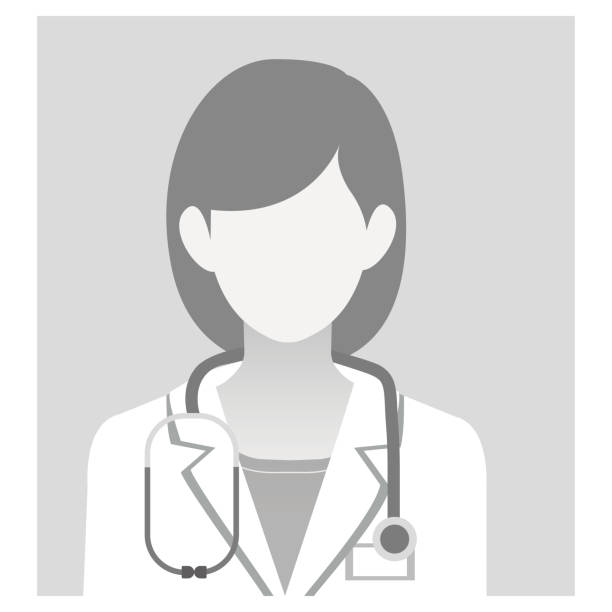Department of Pediatric
At Reform Hospital, we recognize the unique needs of our littlest patients. Our Pediatric Division stands as a beacon of compassion, expertise, and specialized care, ensuring that every child receives the attention and treatment they deserve.
1. Specialized Pediatric Care: Our Pediatric Division is led by a team of experienced and compassionate pediatricians who specialize in understanding the distinct healthcare requirements of children. From routine check-ups to complex medical conditions, we prioritize their well-being at every step.
2. Child-Centric Approach: We believe in a child-centric approach that goes beyond medical treatment. Our friendly and caring environment is designed to make children feel comfortable, ensuring a positive and stress-free healthcare experience.
3. Comprehensive Services: Reform Hospital offers a comprehensive range of pediatric services, including vaccinations, growth monitoring, developmental assessments, and specialized treatments for various pediatric conditions. We are committed to supporting the holistic development of every child under our care.

4. Pediatric Surgery: In cases requiring surgical intervention, our Pediatric Division collaborates with skilled pediatric surgeons to provide the best possible care. We understand the importance of precision and gentleness when it comes to pediatric surgeries.
5. Neonatal Care: For our tiniest patients, our Neonatal Intensive Care Unit (NICU) is equipped with advanced technology to care for newborns requiring special attention. Our neonatal experts work tirelessly to ensure the health and well-being of premature or critically ill newborns.

We stand as a dedicated team, driven by our passion to nurture and protect the young, ensuring a healthier tomorrow for children and their families. Paediatric intensive care is a critical function of paediatrics and is a subject close to my heart. Medical complexities of a child's anatomy need special care and we are committed to providing the very best possible.

Treatments

Congenital heart defects are birth malformations in the structure of the heart. They might be moderate or severe, necessitating surgery or other medical treatments.

With a comprehensive approach, pediatric genetics ensures the best possible health outcomes by treating children's genetic problems through counseling, individualized nutrition, and vaccines.

A genetic blood condition known as sickle cell anemia causes red blood cells to deform, resulting in discomfort, anemia, and other problems.

We provide cutting-edge therapies for children's respiratory disorders in pediatric pulmonary medicine. To guarantee the best possible pulmonary health and well-being, our expert care consists of individualized interventions, nutritional assistance, and vaccination plans.
FAQ's
Meet Our Expert


